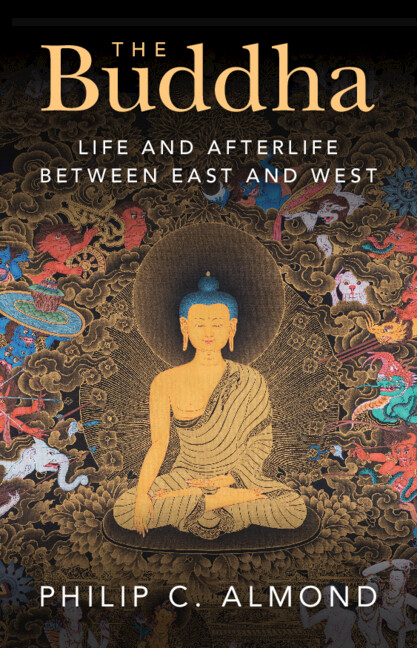
During the first decades of the twenty-first century, the Buddha has become part of Western popular culture, on occasion little more than a commodity on the shelf in the modern supermarket of individual spiritualities – brand Buddha. He signifies happiness, inner peace, tranquility, serenity, wellness, simplicity, stillness, and mindfulness. He has significance, impact, and a high level of symbolic power and cultural value. Put simply, he is very marketable.
Thus, whether the story of the Buddha is history or legend, fact or fiction, he remains an exemplary human figure, whose life provides a ‘romantic’ ideal to be followed. As the Oriental ‘other’, now acceptably disenchanted, the Buddha is a symbolic antidote to the ills of modernity in the West. The disenchanted Buddha is thus able to serve as the foundation of a new Western naturalised Buddhism.
The focus of naturalised Buddhism is on the individual – especially on the spiritual quest for an ‘essential’ self within. It is a self that is in control of the passions and remains uncontaminated by the world outside of it. Yet, ironically, in keeping with the Buddhist doctrine of ‘non-self’, it is a self that lacks an essence and is merely a flow of consciousness embedded in an evanescent flow of events.
At the centre of naturalised Buddhism is meditation, intended as a practice that ideally leads to living constantly without attention to or awareness of self. It is to cultivate as a permanent state that which we all do occasionally – in the playing of sport, in music and dance, in the contemplation of nature, in reading and (if it is going well) in writing. This is a ‘Nirvāna’ that is imminent within the every-day. This is also a Buddhism that, consequently, does not require intellectual assent to a body of religious doctrines. It sits lightly on them, perhaps even distrusts them.
Despite the Buddhist doctrine of non-self, naturalised Buddhism provides technologies of self- formation for everyday life in this world. Here, the Buddha is a this-worldly sage and the philosopher of a new form of human consciousness focused upon the practice of mindfulness. This is a matter of the discovering of the profound in the prosaic, of the privileging of immediate experience over the duality of mind and object, of the discernment of ‘spirit’ within the material, of the cultivation of personal serenity, of increased awareness, of the transcending of the ego, of the cultivation of ethical selflessness, and of compassion for all sentient beings.
In the Buddhist texts of the Pāli tradition, the Buddha was portrayed primarily as a teacher – considerate, fatherly, kind. Although he was a ‘superman’ with powers and abilities far beyond those of mortal men, he was subject to the limitations of all humanity – he became weary, he hungered and thirsted, he was said to have died of food poisoning. In the texts of the Mahāyāna tradition, he was a divine, heavenly figure, worshipped by all, available to transfer merit to his devoted followers.
In Western naturalised Buddhism, the Buddha is the inspiration for every individual’s personal quest for meaning. That is because the Buddha of the modern West is exactly like us. His enlightenment is ours – if we follow his example and seek for truth. So, in the West, the Buddha exemplifies neither a superman, nor a god, but rather the individual created in the European Enlightenment – freed from external constraints in the present. Unencumbered by past ideals, every individual is capable of self-knowledge, self-management, and self-fashioning. This is a Buddhism focused on the ethical formation of the individual through meditation and mindfulness:
‘To do no evil deeds,
To cultivate the good,
To purify the mind,
This is the Buddha’s teaching
’Dhammapada 14.183

Latest Comments
Have your say!